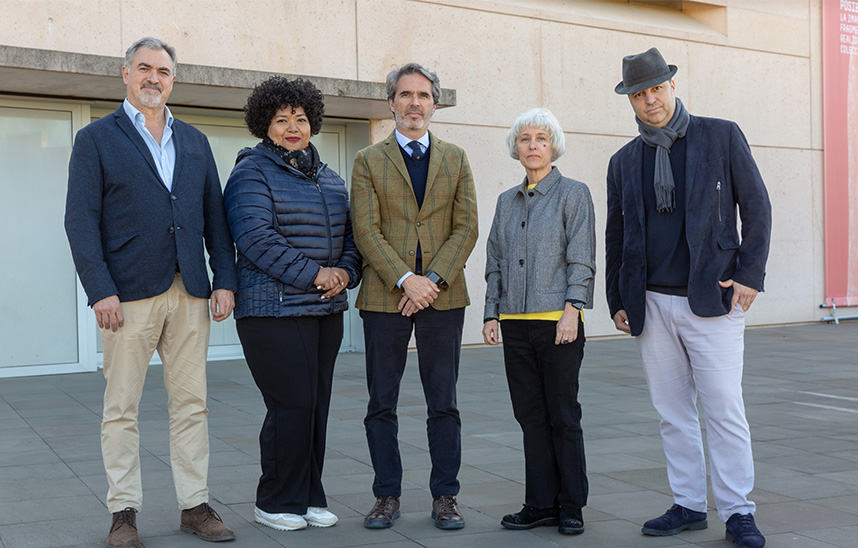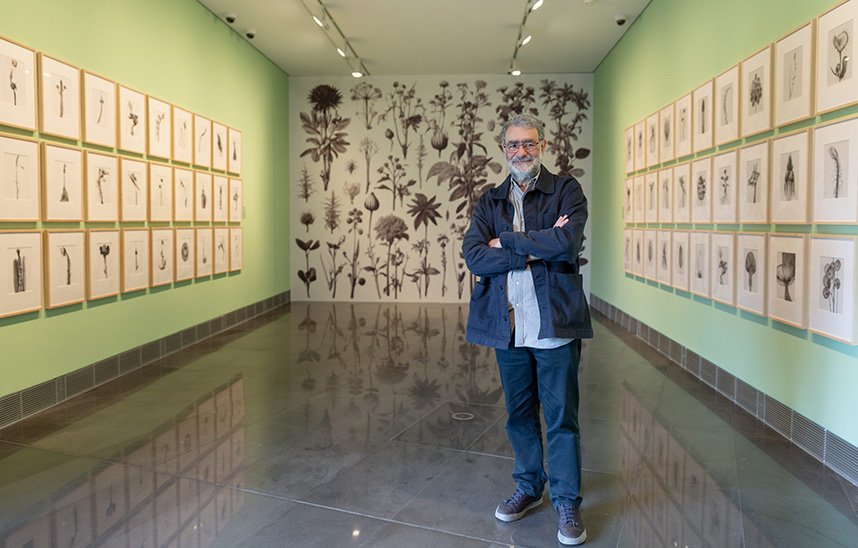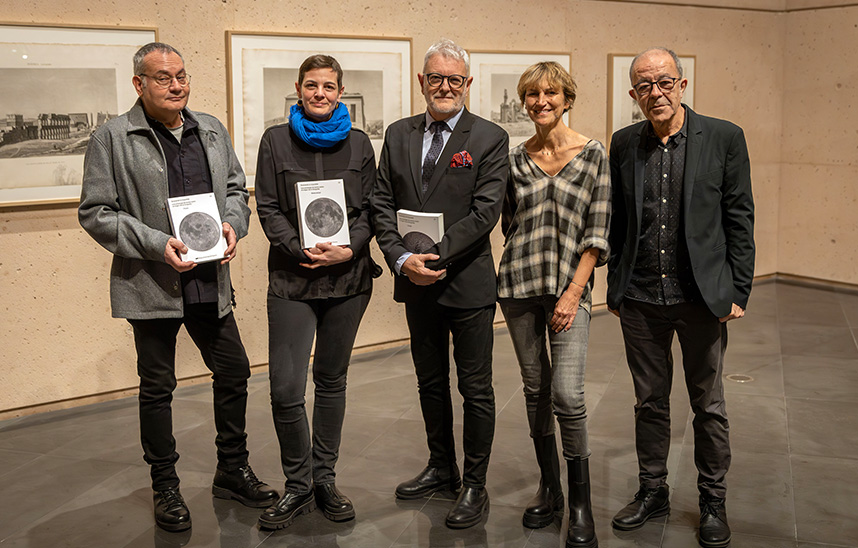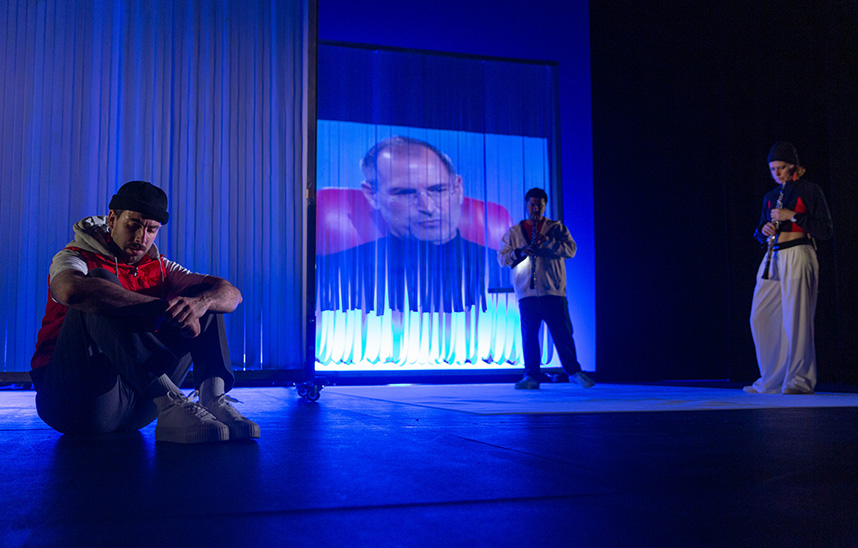2021_12_01_MUN_FinNarrarParaNoOlvidar
Ends the project 'Narrar para no olvidar', which has collected personal stories about the pandemic in Navarra.

After the official declaration of "end of pandemic" issued by the Government of Navarra, the University Museum of Navarra ends this December 1st Narrating so as not to forget, a project started in March that during these months has collected personal accounts about the impact of Covid-19 in Navarra. Its main goal has been to safeguard the current collective experience for future generations, giving value to the story as tool for the emotional integration of the facts and their interpretations. The initiative has been supported by the Pamplona City Council and was presented at the Palacio del Condestable last June. In the first months of 2022 the project will present its results as a case study of the symposium Life-writing and the 'archive of now' organized by the Centre for Life-Writing of the University of Oxford.
As Dailey Fernández, graduate of the Master in Curatorial Studies at the Museum and curator of project, explains, proposal "explored a different format of citizen participation in the Museum due to the restrictions originated by Covid. This format invited us to explore the virtual and a different mediation with participants through the website (file) and emails. The main goal of project was to propose the narration of experiences, and creativity in general, as tools to cope with the instability of the period that was being lived as a result of the pandemic".
DIFFERENT SUBJECT
The stories received were written by people of different ages, places and occupations and some were accompanied by photographs, videos and drawings. "All of them are very personal and analyze different aspects of daily life modified by the pandemic: confinement at home, interpersonal relationships and how distancing influenced them, the responsibilities that arose in the work (especially those of health workers or teachers), the alternatives created by families and friends to avoid losing the contact and momentarily evade the drama...", explains Fernandez.
In this sense, he notes that "some authors describe concrete situations related to these issues, while others preferred to explore feelings, emotions, or more general and subjective reflections, linked to fear, uncertainty, helplessness or acceptance".
Along with Dailey Fernández, the team was made up of Nieves Acedo, Director of Programs at the Museum, and Inés Olza, a mediator, expert in narratives and researcher at the University of Navarra. The project has followed the storytelling methodology, highlighting the therapeutic value of storytelling. "Writing is an exercise that makes us explore ourselves inside first to then externalize and name what we feel or think. Once we have a written text, i.e. with a certain materiality, we can go back to it and review what we were at a very specific moment to corroborate how we have changed (or maintained) our ideas or intuitions. This exercise is extremely enriching not only in relation to traumatic experiences such as those left by the Covid, but also to organize our ideas and to be more aware of our reality at the time we need it," stresses the curator. In this line, she emphasizes that "narrating what we lived through during the Covid, and archiving it, leaves us with the evidence that what happened was something we lived in community despite the isolation; it was an experience that, despite distancing us physically, united us in many other ways".
The file will continue to be open to the general public and also to researchers on its website.





